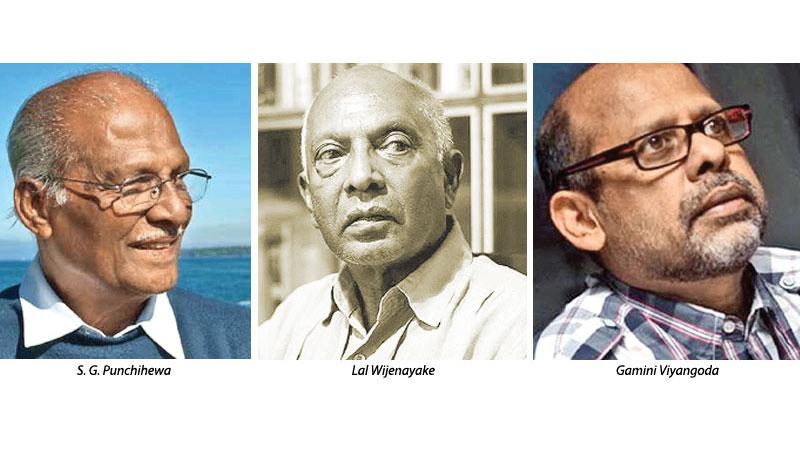
In the wake of the stunning victory of democracy over autocracy, the Maldives glimpsed what happened three years ago in its neighbour - Sri Lanka. The historical victory of newly elected President Mohamed Ibrahim Solih was nothing but a reminiscence of the victory of President Maithripala Sirisena in January 2015.
The tiny Indian Ocean archipelago nation is now at crossroads, just like Sri Lanka. The road to democracy and rights are clear but it’s not an easy path at all. Sri Lanka is still on her way to collecting the fruits of the victory.
“We can draw parallels with the Maldivian presidential election and the Sri Lankan presidential election we had several years ago. The foundation of the 2015 election was a call for democracy, and that now we have 100 per cent. Prior to 2015 we did not have an independent judiciary but now we can see legal action being taken against people such as ministers” said Attorney-at-law and former Chairman of the Public Representations Committee on Constitutional Reforms, Lal Wijenayake.
“Other democratic powers we received were the implementation of the Right to Information Act and an independent Bribery and Human Rights Commissions as a result of the 19th Amendment. Even the police and the public sector works independently. We do not see politicization creeping into the work of these institutions.”
“These are all very positive developments we gained with Sri Lanka’s presidential election. To complete the picture we need to strive for the Executive Presidency. With that democracy will be guaranteed. Also, our Human Rights are at a primary level. We have to incorporate more into it such as the new concept of “Social, economic and cultural rights,” Wijenayake explained.
“The Maldives is a country which was subjected to a few attacks recently. Especially after the rule of Gayoom, the Maldives’ political stability deteriorated and the country was bombarded by corruption. The rulers brought violence parallel to corruption,” said S.G. Punchihewa, a pioneer human rights activist, adding his thoughts to the hot topic.
“Some people say corruption is okay if the country is developed while another group says that corruption should be completely banished. Such diverse views prevail” said Punchihewa.
According to Punchihewa, for decades Sri Lanka has been in a deep systematic rut.
“Sri Lanka faced socio-economic changes in 1948 and 1978. No other government had succeeded in introducing such large scale changes in Sri Lankan society. Even currently we don’t see a change that can be compared to 1978.
With these kinds of changes in Sri Lanka and the Maldives we can clearly see a background built up for corruption,” Punchihewa said.
One significant feature between the presidential election in the two neighbouring countries was that similar slogans were carried by the Opposition. Like Sri Lanka’s Opposition and civil society, our Maldivian counterparts also demanded democracy, human rights, media freedom and anti- corruption.
“We can offer a host of names to the issues listed. Our countries suffer from the same problems,” Punchihewa said.
Meanwhile, Co-convenor, Puravesi Balaya, (a powerful influential group consisting of many top people across different fields), Gamini Viyangoda pointed out that only a few of what people expected from the change of government actually has happened.
“We can’t be happy about developments. What people wanted to see was legal action taken against individuals involved in corruption and abuse. People wanted the new government to prosecute those found guilty of corruption but that did not happen. We have not seen a difference but only cosmetic changes,” Viyangoda shared his views.
“There was a need for a ‘special court’ to hear cases of corruption and abuse. But it took a long time (three and a half years) for this to be established. Getting the Right To Information is not enough. People need to see legal action taken against people involved in corruption. This was a complete let down,” he exclaimed.
However Wijenayake who sees positive developments in the country also has hopes on similar positive changes in Maldives.
“In the Maldives we saw, just like in Sri Lanka, the public voting for democracy. It was an unexpected turn of events. I believe there will be positive changes there just like in Sri Lanka”.
